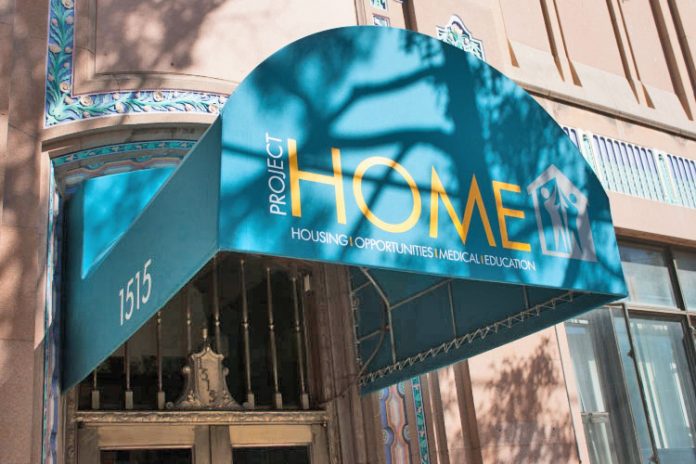Among casualties of the COVID-19 pandemic are Greater Philadelphia’s LGBTQ shelters and youth programs. These organizations, such as The Attic Youth Center, the Gloria Casarez Residence via Project Home’s LGBTQ housing initiative and the Valley Youth House have issued statements announcing everything from suspended programs to closed doors.
Last Friday, The Attic Youth Center announced that it would comply with Governor Wolf’s decision to close all schools in Pennsylvania. “In an effort to keep our staff and the youth we serve safe amid the fast-evolving COVID-19 pandemic,” read the statement, “the Attic youth center has decided to close until March 27.” Likewise, Project Home announced that although the need for volunteers has risen greatly, they will no longer be accepting any new volunteers. Project Home maintained that their volunteer program “will remain operational,” but they ask that volunteers “stay at home” if they have recently traveled to China, South Korea, Japan, Italy or Iran, or have in any way been exposed to the novel coronavirus.
“We did not make this decision lightly,” said The Attic Youth Center in a statement, “but recognize that we all must do our part to protect our city — particularly our most vulnerable communities — by slowing the spread of Coronavirus. We continue to evaluate the situation and will inform you of any changes. Remember that the safety of our staff and the youth we serve is our highest priority. We recognize that this closure impacts the youth who rely on us for support and community and want you to know that there are supports in place if you are in crisis.”
The Scientific American asserts that those experiencing homelessness are the most susceptible population for contracting COVID-19. According to the Williams Institute, 30-40 percent of homeless youth identify as LGBTQ. Coronaviruses are transmitted through bodily fluids expelled via coughing or sneezing, but can be curbed through thorough handwashing and the disinfection of surfaces. “These precautions,” says the Scientific American, “are not always practical for homeless individuals, who often lack access to soap and hot water and stay in crowded shelters. They also have a high rate of poorly treated chronic illnesses, putting them at greater risk of a severe COVID-19 infection. Once people without homes get sick, they may lack the proper care required to get better, including a comfortable place to rest, warm liquids and medications.”
Amazingly, many shelters with specific LGBTQ support programs are fighting to remain operational. Project Home’s Gloria Casarez Residence is still open and receiving applications for housing for LGBTQ youth and young adults. Additionally, “all essential Valley Youth House locations will remain open” including the Lehigh Valley, Bucks County, and Supervised Independent Living+ (SIL+) shelters.
There are some ways the Philadelphia community can help. On March 13, Project Home put out a call for in-kind donations. Priority items include “bottled water, hand sanitizer containing at least 60 percent alcohol (travel size or larger), new blankets, surgical masks, Clorox wipes and disinfectant spray, and body wipes”. Additional items include “soap, lotion, shampoo, deodorant, travel-size tissues, travel-size bandages, non-perishable food, new socks, new underwear, T-shirts, new washcloths, and snack bars”. Check projecthome.org for donation drop-off locations and times. Additionally, if you or an LGBTQ loved one is facing a crisis, The Attic Youth Center suggests reaching out to The Trevor Project at 1-866-488-7386, or text START to 678678. You can also reach out to the Trans Lifeline by calling their hotline at 1-877-565-8860.
